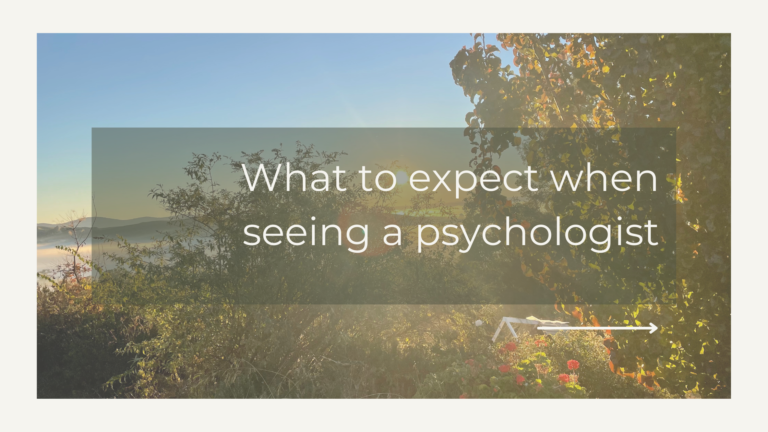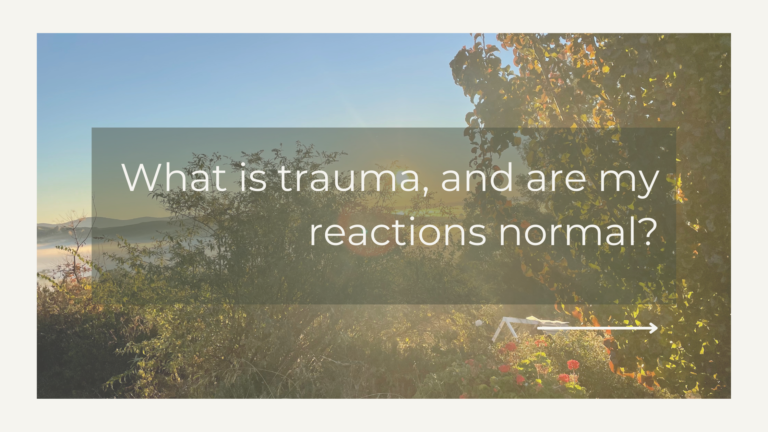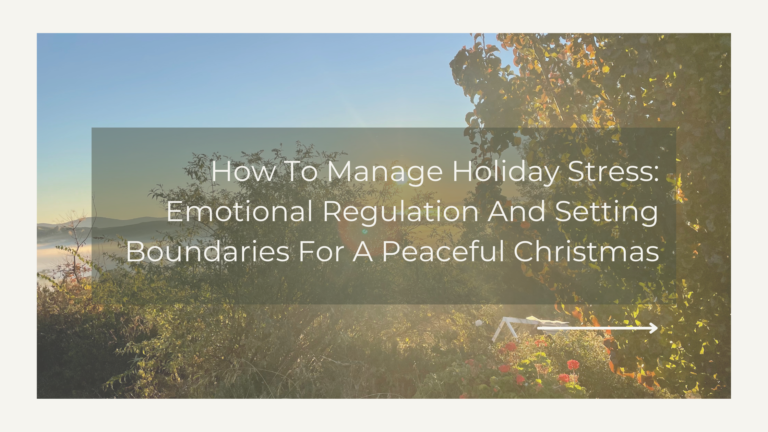Is telehealth right for you?
Telehealth, popularized during COVID-19, is now a lasting option for therapy, proven as effective as face-to-face for many clients. Key considerations include access to technology and privacy, the risk of harm, choice of providers, reduced waiting lists, funding options, and appointment flexibility. Regenerative Psychology offers both telehealth and local services in Holbrook, NSW.
Telehealth has been around for a long time, but became popular through need during the COVID-19 lockdowns. Now, it’s here to stay, but is it right for you?
Research has demonstrated that telehealth is as effective as face to face therapy for many presentations, and that clients are generally satisfied with the service they receive via telehealth (with no significant difference when compared to face to face!). That said, a lot of people still feel uncomfortable with the idea and some people’s needs are not well suited to telehealth psychology…
Here are some ways to figure out if telehealth may be right for you…
01. Access to technology & a private location
To engage in telehealth you need to have the necessary technology (computer with a camera / microphone or a smart phone with the relevant app) and a private location to access your psychologist. Interruptions to signal, or by others can compromise the quality and integrity of the psychological service.
If you aren’t able to arrange suitable technology and space, it is worth considering if heading into a secure office for face to face treatment may be more appropriate.
02. Risk of harm to yourself or others
If you are experiencing active, acute suicidal or homicidal ideation you may not be suitable for telehealth.
This is because if you (or someone else) are at risk, your psychologist has a duty of care to mitigate this risk (within reason), this can be difficult via telehealth as your psychologist is not physically with you and may not be able to access sufficient information (e.g., body cues / environmental information) to support you.
If you aren’t face to face, it can be difficult to determine your safety as your psychologist may not be able to see your entire environment, or know if you have access to means to harm yourself or others, this can increase risk and reduce the ability of the psychologist to accurately assess risk.
At times, psychologists may need to engage emergency services to support some clients, this requires the psychologist to know your specific location, and any risk factors associated with helping you. Sometimes, this can be managed via clear disclosures of locations, however, for some clients the urge to act on ideations may be significant enough to prevent disclosure.
03. Choice of provider
If you live in a rural or remote area, you may not have a lot of choice in services. Telehealth opens up options across Australia (and the world) so that you can find the right fit in your psychologist / professional. Telehealth opens a lot of options, including finding experts in the field or simply increasing anonymity in services in remote communities.
04. Reduced waiting lists
Because you can access more people than just the psychologist down the road you may be able to access support with less of a wait. Telehealth increases access to experts AND can get you in quicker in some cases. Since COVID-19 a lot of psychologists have started offering extra telehealth sessions compared to their in person services because it increases work life balance for everyone involved.
05. Funding access
Telehealth is now supported by most major funders including Medicare, DVA, NSW Workers Compensation / CTP, Worksafe, TAC Victoria, and Comcare, this means that you can access rebates / sessions under these funding models for telehealth services.
Private services also allow for telehealth with some private health insurers will provide reimbursement (Please check with your provider to confirm).
06. Flexibility of appointments
Telehealth often allows more flexibility in appointments as it reduces the need to travel (meaning you could have your session in your office after work, or in a private room somewhere away from home).
Telehealth also allows you to attend appointments when you are unwell without placing others at risk.
At Regenerative Psychology we provide telehealth services nationally as well as local face to face services in Holbrook, NSW. If you’re thinking of trying telehealth but aren’t sure it’s for you we’d be happy to discuss your situation, needs and see if we may be able to help you to cultivate a life worth living. Get in touch today or check out this guide from the Australian Psychological Society.





